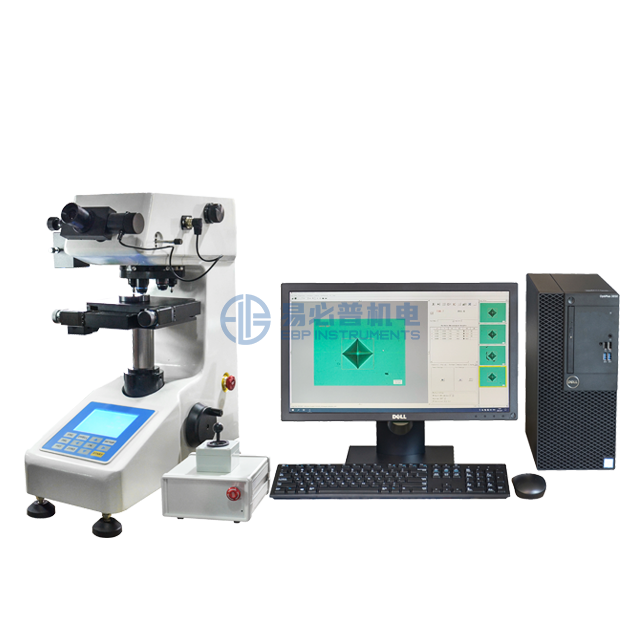Views: 315 Author: Site Editor Publish Time: 2021-11-15 Origin: Site
The benchtop hardness tester has an automatic feedback lock between the lifting screw and the rotary wheel, an external RS232 terminal setting, and an external printer. It has good operability and intuitiveness, so it is very popular recently, so I will introduce the benchtop hardness tester next.

Here is the content list:
What do I need to pay attention to for benchtop hardness tester?
What is the classification and scope of the benchtop hardness tester?
What is the hardness value related to?
1. Whether it is a benchtop hardness tester or a universal hardness tester itself, there will be two kinds of errors: one is the error caused by the deformation and movement of its parts; the other is the error caused by the hardness parameter exceeding the standard specified by the benchtop hardness tester. For the second type of error, the hardness tester needs to be calibrated with a standard block before measurement. Because the accuracy and sensitivity of the hardness tester are poor when it exceeds the specified test range, and the hardness value is not accurate, it is not suitable for use. Other hardness testing methods also have corresponding calibration standards. The standard block used to calibrate the benchtop hardness tester cannot be used on both sides, because the hardness of the standard surface and the back surface may not be the same. It is generally stipulated that the standard block is valid within one year from the date of calibration.
2. When replacing the indenter or anvil of the benchtop hardness tester, pay attention to the contact parts to be wiped clean. After the replacement, test several times with a steel sample of certain hardness until the hardness value obtained twice in succession is the same. The purpose is to make the contact part of the indenter or anvil and the testing machine be pressed tightly, and the contact is good, so as not to affect the accuracy of the test results.
3. After the adjustment of the benchtop hardness tester, when starting to measure the hardness, the first test point is not used. The measured value is inaccurate due to poor contact between the sample and the anvil.
4. When the test piece allows, generally choose different parts to test at least three hardness values, take the average value, and take the average value as the hardness value of the test piece.
5. For specimens with complex shapes, the correspondingly shaped spacers should be used, and the test can be performed only after being fixed.
6.benchtop hardness tester Before loading, check whether the loading handle is in the unloading position. When loading, the action should be light and steady and don't use too much force. After loading, the loading handle should be placed in the unloading position to prevent the instrument from being under load for a long time and plastic deformation, which will affect the measurement accuracy.
According to the material of the indenter and the load applied by the indenter, the hardness value of the benchtop hardness tester can be divided into HRA, HRB, and HRC. HRA is suitable for measuring hard alloy, surface hardened layer, or carburized layer; HRB is suitable for measuring non-ferrous metals and annealed and normalized steel, etc.; HRC is suitable for quenched and tempered steel, quenched steel, etc.
Hardness is a performance index that measures the hardness of a material. It is a comprehensive performance index that reflects the elasticity, plasticity, strength, and toughness of the material. The practice has proved that the hardness value measured by the benchtop hardness tester is determined by the initial plastic deformation resistance and the continued plastic deformation resistance. The higher the strength of the material, the higher the plastic deformation resistance and the higher the hardness value.
EBPU Electromechanical Equipment (Zhejiang) Co., Ltd. has developed a benchtop hardness tester and conducted a lot of tests before leaving the factory. These benchtop hardness testers are not only high-quality but also have strong endurance. If you are in need of this product from a company, you can consider using our cost-effective products.